#Rose Wilder Lane
Explore tagged Tumblr posts
Text
Everything I learn about Rose Wilder Lane makes me more and more aware that she was a hilariously outrageous person who needs a movie made about her immediately.
After leaving Missouri, she moves to California and marries a real-estate guy who once tried to get her to help him con the railroad.
She gets hired at a San Francisco newspaper known for its yellow journalism, where she does things like writing a series of columns featuring the "real-life stories of a police detective" who, in real life, was a high-end jewel thief.
Her first book is a first-person "autobiography" of Charlie Chaplin that she (after a few interviews with Chaplin) completely made up, and that Charlie Chaplin immediately threatened to sue her publisher for.
Her second book is a biography of Jack London, which his wife only reluctantly allowed her to write because Rose presented herself as "someone who had never written for the newspapers before and needs a chance to break into the magazines." This book was also almost entirely fictional, and her publisher also almost got sued over it.
Third biography is the first-ever biography of Herbert Hoover, also a heavily-fictionalized account. (Doesn't seem to have been sued for this one. Steps in the right direction!)
Traveled as a reporter through Europe (to places like Albania and Poland) post-WWI. (If we want to talk about legal things that she did).
Wrote a book based on Laura's late-childhood pioneer experiences while Laura was writing the early books of the Little House series, and did not tell Laura about it. (Laura was ticked off).
Kept trying to insert a story into Laura's memoirs (and Little House on the Prairie) casting Pa as a member of a posse that hunted down the infamous (and never-caught) serial-killing Bender family (despite the fact that this was historically impossible). (It got to the point that Laura herself told this story to the public as an example of "a true story I couldn't out in my children's book." Despite the fact, I say again, that this was historically impossible).
During WWII, endured a minor incident (it involved one cop coming to her house) where the FBI investigated her as a potential communist based on a postcard she sent that was critical of the government. Turned this into a short story that presented herself as the righteously-outraged American citizen fighting against an oppressive government, and used this to whip up a nationwide media campaign against J. Edgar Hoover for spying on American citizens.
Flew to Vietnam as a war reporter when she was in her seventies.
#history is awesome#rose wilder lane#little house#i finally finished pioneer girl perspectives#to think i didn't even want to read the essay about the bender family#i skipped over it and left it til last#cuz i thought it would just rehash the fact vs fiction stuff i've seen covered elsewhere#turns out it was about the history of yellow journalism and provided most of the facts i've listed#(i was today years old when i learned that 'yellow journalism' was short for 'yellow kid journalism')#(and it came from a popular 'yellow kid' cartoon character that hearst and pulitzer both fought over to get into their papers)#also it turns out the bender family was a popular yellow journalism topic (because they'd never been found so people could make stuff up)#usually the stories centered around posses that found and killed them#but my favorite is the story that they made a hot air balloon from a natural gas deposit in a swamp in kansas#and escaped over the gulf of mexico#until their balloon popped and they landed on a passing ship where one of them could make a deathbed confession#history is awesome but the history of fake history is its own special kind of awesome
74 notes
·
View notes
Text


Laura Ingalls Wilder.
The connections are too obscure to even mention, but I believe my family had a spiritual connection to her. My great aunt used to talk about two family surnames, which are buried next to one another in the same cemetery where Laura and family are buried
12 notes
·
View notes
Text
What I can't understand is, how can anybody figure now that the government can support us, when we support the government.
Rose WIlder Lane
6 notes
·
View notes
Text
On the Banks of Plum Creek, by Laura Ingllas Wilder; Let the Hurricane Roar, by Rose Wilder Lane
I am putting these two together because they are essentially the same story, and also illustrates, at least to me, that Laura wrote pthe Little House books. As you read this ramble. Keep in mind. "Hurricane " was published in 1933, "Plum Creek" in 1937, but Laura wrote "Pioneer Girl" in *1930* and Rose not only helped her edit it, she typed the whole thing up after Laura finished writing it out long hand.
On the Banks of Plum Creek picks up after the Ingallses move away from Kansas. They settle into a dugout house on the banks of Plum Creek near Walnut Grove, Minnesota.
Caroline isn't enthused about living in a dugout, but Charles has big plans. He's going to plant wheat and he's going to build them a house with the profits. The weather is fine and mild and the wheat is coming up beautifully. The perspective price of wheat and the way the crop is looking inspires Charles to get the supplies for the house on credit and start building. All the while, life is happening. Laura learns some valuable lessons when it comes to minding her parents.
The family meets a Swedish couple and their daughter, who live near by, and eventually move into the fine new house Pa has built.
In the background people keep talking about how the weather is grasshopper weather. Laura doesn't know what that means, but it becomes clear soon.
Pa is over the moon about the wheat, and talks about it all the time. This crop will secure the family financially.
And then the grasshoppers come. They fly in in a cloud, dampening the sun. They decend on the area and eat everything. Grass, gardens, cloth, the wheat. After destroying the landscape, they laid their eggs meaning next year's crops were doomed as well. And then they all marched off and flew away.
Although the family does have a good Christmas because the church throws a party with gifts for the community, Pa must walk east to find work.
The next year is also plagued by grasshoppers and Pa has to make the trek east again. While the family is waiting for him, a blizzard hits. He makes it home to his frightened family in fairly good spirits because this cold means no grasshoppers for the next crop.
Laura wrote about this real life locust plague in Pioneer Girl and as horrific as the it sounds in the novel, the reality was even worse. And instead of walking east two years in a row, when the grasshoppers hatched again, Charles actually moved his family, which now included little brother Freddy, to Burr Oak Iowa. They went to partner with some friends, the Steadmans, in running hotel.
They didn't know that this was going to be a dark interlude.
Freddy passed away on the way to Iowa, and the pain for the whole family was such that Laura never wrote about it anywhere else.
In the hotel, Mary and Laura worked after school in the kitchen and dining rooms, and babysitting the Steadman's youngest child on the weekends. It was not the safest place to be either. Then the girls came down with measles. None of the family was paid for any of the work they did in the hotel, and the family quit the hotel, and eventually settled somewhat, but things were not great. Fires, violence and drama in the community. Charles had had enough and the family left to head back to Walnut Grove - in the dead of night to avoid debt collection. The best thing to come out of Burr Oak seemed to be the birth of the last Ingalls sister, Grace.
Let The Hurricane Roar was written by Rose and features a young couple, Charles and Caroline, newly married who head west after Charles 's father gives them enough money to make a claim. They live in a dugout, have a little boy, make friends with a Swedish couple living near by, and grow wheat that is destroyed by grasshoppers. Charles must leave to find work and Caroline spends a day in town trying to find work before deciding that it is better to be independent in her dugout with the baby. There is a blizzard that Charles must fight through to get home.
Slong with the basic story, there are several beats that are pretty much lifted right out of Pioneer Girl, including a line about a man who kept bees that left the area after the grasshoppers, saying that he refused to live in a place where even a bee can't make a living.
The writing in Hurricane is much different from any of the LH novels, and even in PG
The Hurricane tells the reader a lot, and doesn't show much until about halfway through. Description is sparse. It's trying to make a point from the get go. Hardship makes for a better life in the end, independence, even to the point of isolation is preferable to being dependent on anyone. Neighbors are nice, but something of a burden in good times and cannot be relied upon in bad times.
This is in direct contrast to Laura's writing which depends on description, and spends little time in exposition, shows more than tells. The characters are much different ad well, people value independence, yes, but are generally community minded founding churches, serving on school boards, helping neighbors.
There is the fact that she took elements of her grandparents and elements of her parents and mixed them together to make the story.
Charles in Hurricane gets money from his father to go out west. This is basically what happened when Almanzo decided to head west. He and Caroline end up on Wild Plum Creek in the Dakota Territory. Almanzo and Laura spent the early years of their marriage in De Smet South Dakota.
In essence, Rose took her parents and grandparents' stories, made a tale to appeal to her Libertarian ideals, and by many accounts, really pissed her mother off (which I'll get to later).
Hurricane isn't bad, it's compelling in its way, and effective for what it was trying to be, and I liked how it ended. However, it also serves as evidence that while the two Wilder women worked together and Rose was a brilliant editor, Laura wrote the classic novels.
#Laura Ingllas Wilder#book#books#book blogging 2023#On the Banks of Plum Creek#Let the Hurricane Roar#Rose Wilder Lane
0 notes
Text
im so happy women agree with my irrational hatred for charles "pa" ingalls
#imagine being caroline and ur husband is making u move EVERY YEAR into the harsh wilderness#i have beef w rose wilder lane too#i fuckin hate pa#he couldn't homestead and ISOLATED HIS FAMILY IN THE WILDERNESS#why was he sending laura and carrie to town#i think at one point in the books caroline breaks her leg while building a house#BC PA CANNOT STAY IN ONE PLACE APPARENTLY#even as a kid i liked the books where laura could be a schoolteacher#BC THEY'RE NOT SUFFERINGGGGG#meg posts
7 notes
·
View notes
Text
my mother and i both grew up in the same economically unstable american midwest. And she was a writer, and I was a writer. And she became a best selling children’s novelist, and I? I got such bad depression that I became a libertarian
4 notes
·
View notes
Text
Submissions for the hottest 80s male musicians
Go wild everyone! We have 256 slots to fill!
Submissions 213/256
List of submitted people
Phil Collins
Michael Monroe
Duff McKagan
Vince Neil
Kee Marcello
Michael Sweet
Roger Taylor
Joe Elliott
Sting
Michael Hutchence
Bono
Larry Mullen Jr.
Tom Petty
Axl Rose
Razzle Dingley
Eddie Van Halen
Dave Mustaine
Nikki Sixx
Morten Harket
Tommy Lee
John Deacon
Zakk Wylde
Steven Adler
Slash
Izzy Stradlin
Jon Bon Jovi
Richie Sambora
Kelly Nickels
Bret Michaels
Warren Demartini
Sebastian Bach
Rachel Bolan
Jerry Harrison
Eric Brittingham
Steven Tyler
George Harrison
Brian May
Tom Keifer
Mick Mars
Paul Stanley
Joey Tempest
Jani Lane
Prince
David Bowie
Ozzy Osbourne
Sami Yaffa
Angus Young
Rikki Rockett
David Lee Roth
Bobby Dall
Robin Zander
Eric Bazilian
Jimmy Page
Kirk Hammett
James Hetfield
Jason Newsted
Morrissey
Nick Beggs
Steve Clark
Chris Lowe
Rick Savage
Robert Smith
Robbin Crosby
David Sylvian
Daryl Hall
John Oates
Rod Stewart
Billy Squier
Nasty Suicide
Geddy Lee
David Coverdale
George Lynch
Randy Rhoads
Alice Cooper
David Bryan
Steven Sweet
Freddie Mercury
Terry Hall
Stone Gossard
Nuno Bettencourt
Bruce Kulick
Leif Garett
Adam Yauch
Mike Tramp
Blixa Bargeld
Dave Vanian
Nick Cave
Gary Numan
C.C. DeVille
Bryan Adams
Eazy-E
Bob Dylan
Bernard Sumner
Kenny Loggins
Richard Marx
Lionel Richie
Patrick Swayze
Billy Ocean
Michael Stipe
Corey Hart
Murray Head
David Byrne
Warren Cuccurullo
Rob Zombie
Russell Mael
Mark Mothersbaugh
Martin L. Gore
Dave Gahan
Tracii Guns
Phil Lewis
John Cougar Mellencamp
Jon Farriss
Roland Orzabal
Yoshiki
Billy Joel
Weird Al Yankovic
Joe Strummer
Billy Idol
John Taylor
Michael McDonald
Klaus Nomi
Rob Halford
George Michael
Terence Trent D'Arby
Joe Perry
Paul Williams
Brad Whitford
Stephen Pearcy
Juan Croucier
Bobby Blotzer
MC Hammer
Rick James
Eddie Murphy
Mick Jagger
Don Johnson
James Lomenzo
Meat Loaf
Keith Richards
Ronnie Wood
Cliff Williams
Lars Ulrich
Cliff Burton
Steve Harris
Dave Murray
Adrian Smith
Bruce Dickinson
Marian Gold
Bernhard Lloyd
Frank Mertens
Per Gessle
Tim Farriss
Kirk Pengilly
Rockwell
Andy Scott
Brian Connolly
Peter Wolf
Bruce Springsteen
Jason Becker
Neil Tennant
John Norum
Alex Lifeson
Neil Peart
Paul Simon
Art Garfunkel
Nick Rhodes
Andy Fletcher
Alan Wilder
Robert Sweet
Oz Fox
Magne Furuholmen
Paul Waaktaar-Savoy
Dave Stewart
John Rees
Thomas Anders
Huey Lewis
Adam Ant
Falco
Rick Springfield
Martin Fry
Mark King
Jerry Dixon
Paul Simonon
Howard Jones
Paul Young
Clark Datchler
John Waite
Rick Allen
Paul Engemann
Kurt Maloo
John Levén
Mic Michaeli
Ian Haugland
Erik Turner
Dr. Robert (Robert Howard)
Rick Wright
Andy Taylor
Tony Thompson
Robert Palmer
Brian Johnson
Neil Murray
Rudy Sarzo
Vivian Campbell
Jake E. Lee
Steve Vai
Rowland S. Howard
Steve Perry
Robert Plant
Ivan Doroschuk
Martin Kemp
Roger Daltrey
Jeff Beck
Bob Geldof
Limahl
@tournament-announcer
#the hottest 80s musician tournament#the hottest 80s musician tourney#submisions#poll tournament#tumblr tournament#80s music#80s musicians
74 notes
·
View notes
Text
The title is beyond apt. Almanzo is not a Farmer Boy simply because he is the male child of farmers and he participates in the running of the farm. No boy has ever been more of a farmer than this boy. He is more farmer than boy. He’s eating his weight in apple pie because he’s hungry and it’s delicious, yes, but he’s also angling to be the biggest and most effective farmer he can be as soon as possible.
Going from By the Shores of Silver Lake to Farmer Boy is amazing. Laura’s navigating the end of childhood as well as her mingled love/resentment for her mother and her recently blinded older sister. And Almanzo’s eating his weight in apple pie and daydreaming about horsies.
7 notes
·
View notes
Text
It seems that with Free Land, Rose Wilder Lane wrote a bestselling book where the character heavily based on her father (from a wealthy farming family) gets engaged to a girl from his own social class before coming out west, then meets a character heavily based on her mother (who he meets in the same way Almanzo first met Laura) that he has a romantic connection with that he is never able to act on, because he marries the other girl. I get that Rose's bread-and-butter was remixing history into interesting narratives, but writing a "what if my parents never got married and had a tragic never-fulfilled passion" story is a special kind of weird.
#rose wilder lane#laura ingalls wilder#free land#the was also mentioned in the yellow journalism essay#and it made me kind of disappointed that i never read free land when i had it out from the library
30 notes
·
View notes
Text
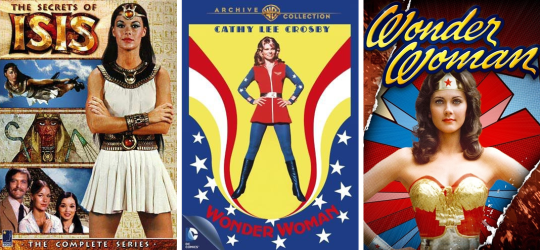
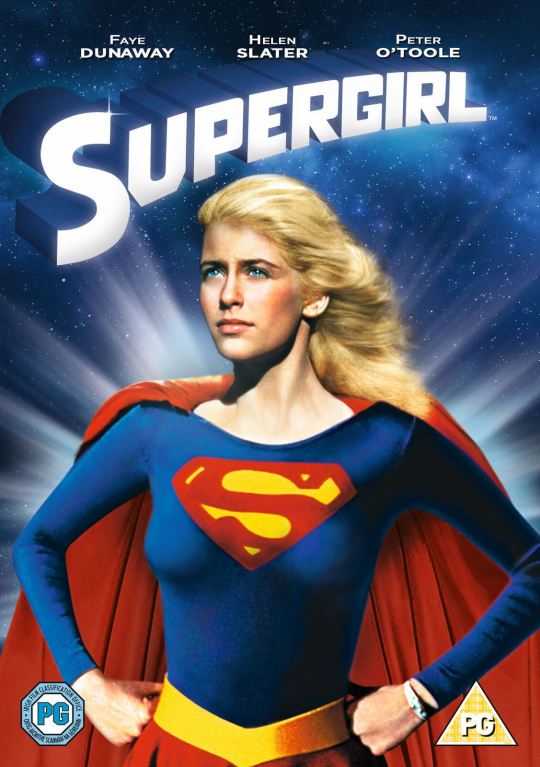
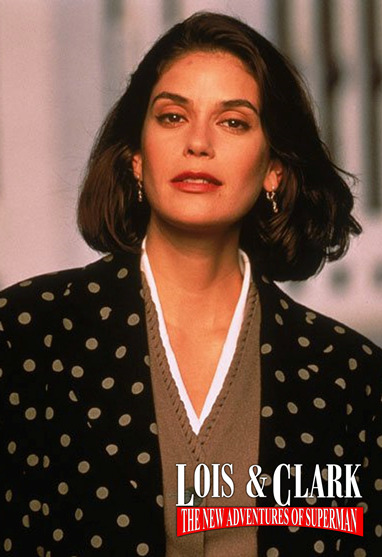
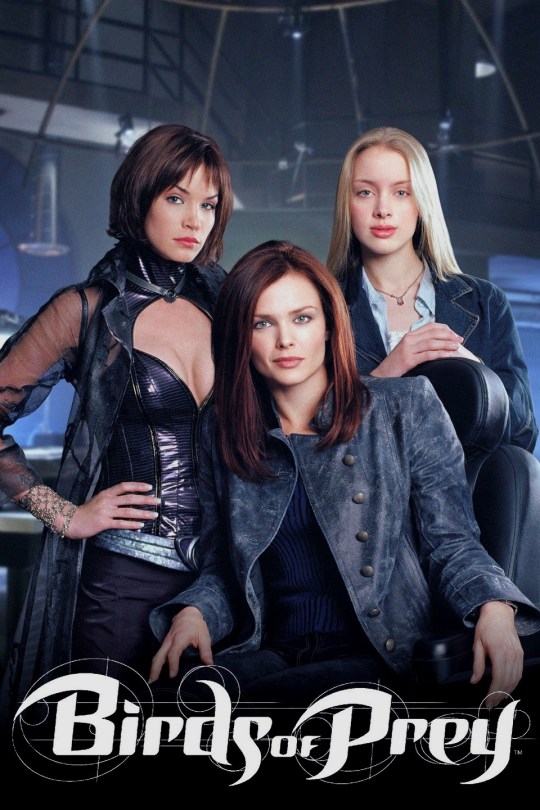
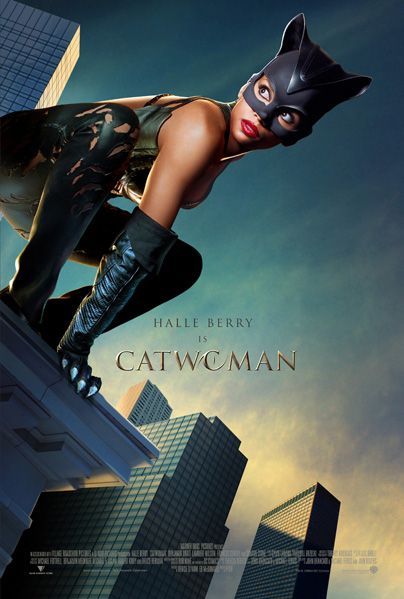
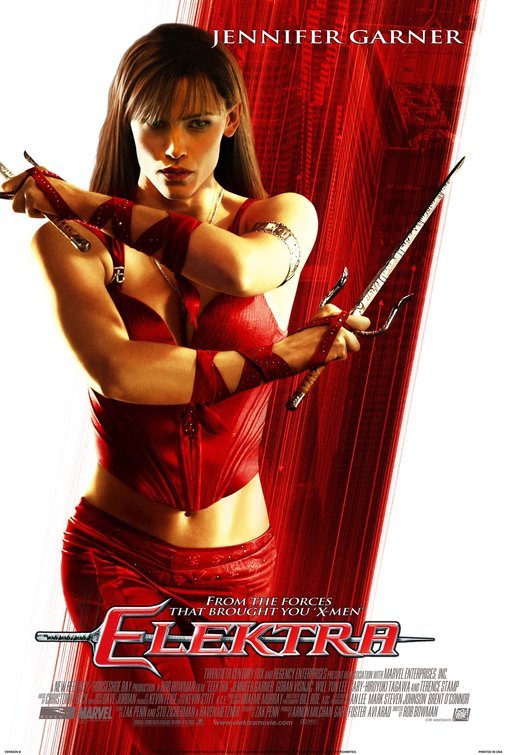
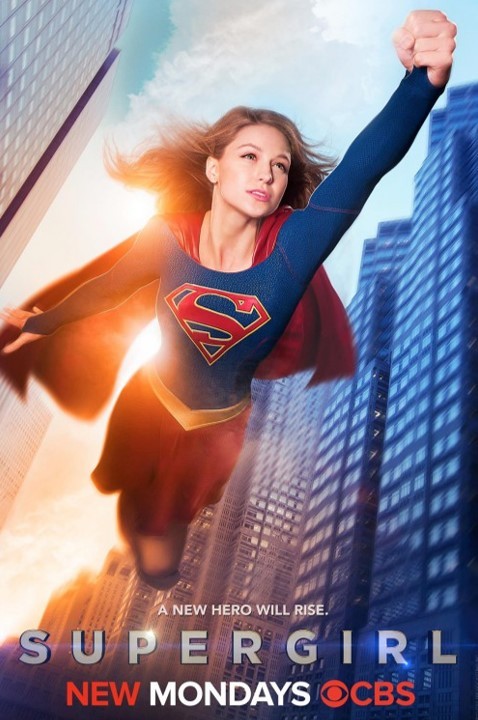

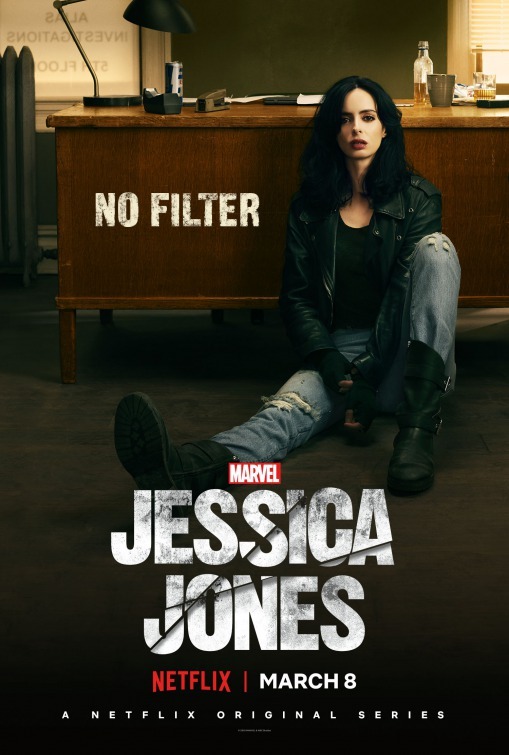

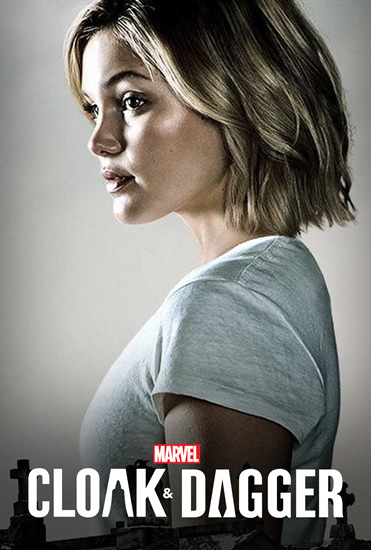
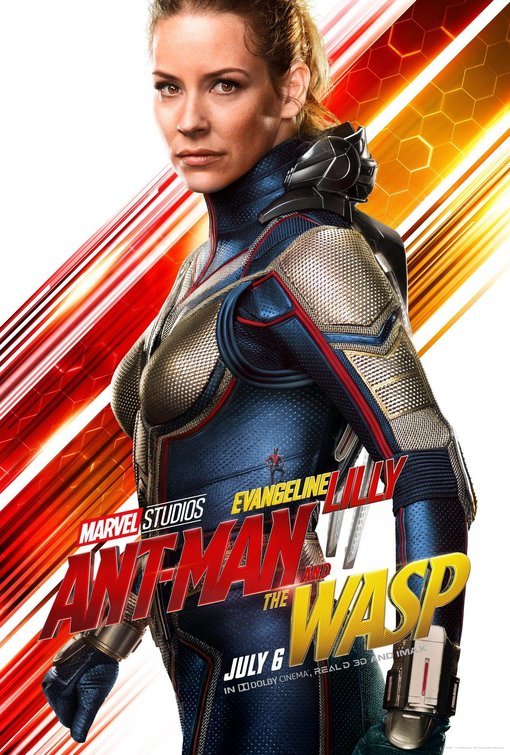
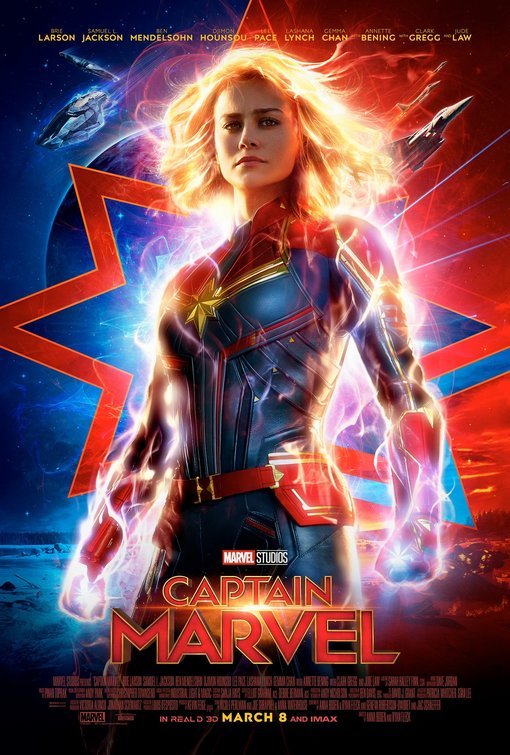
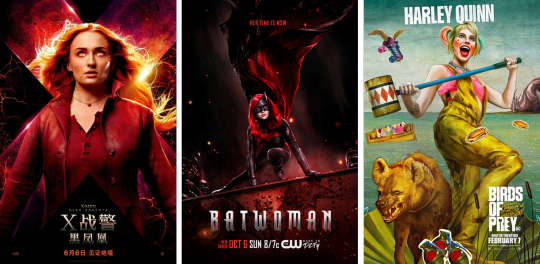


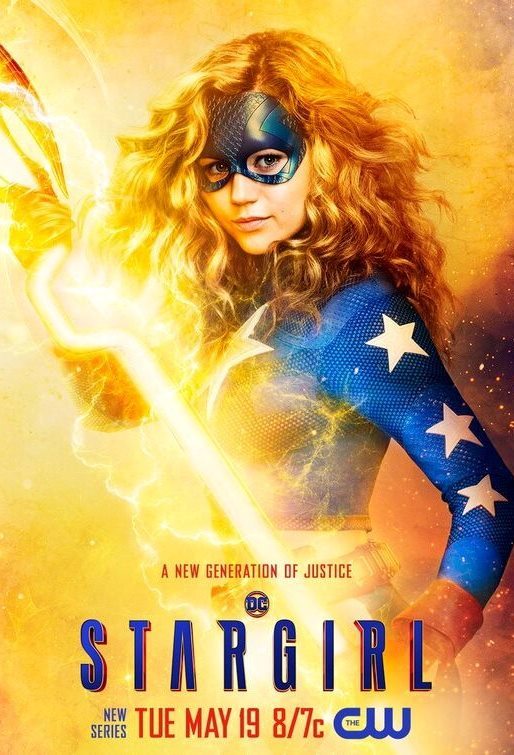
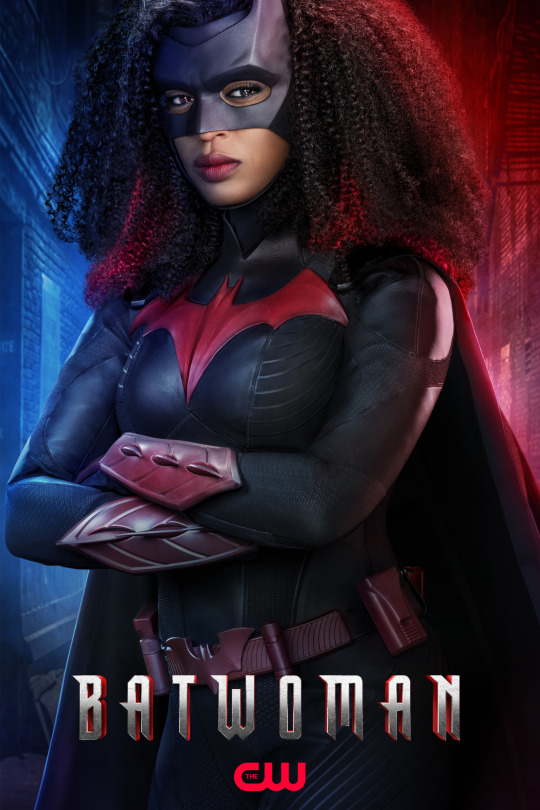

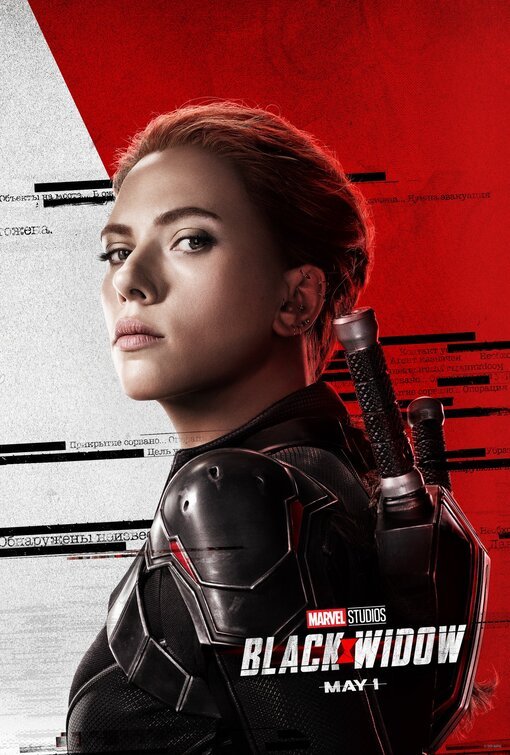
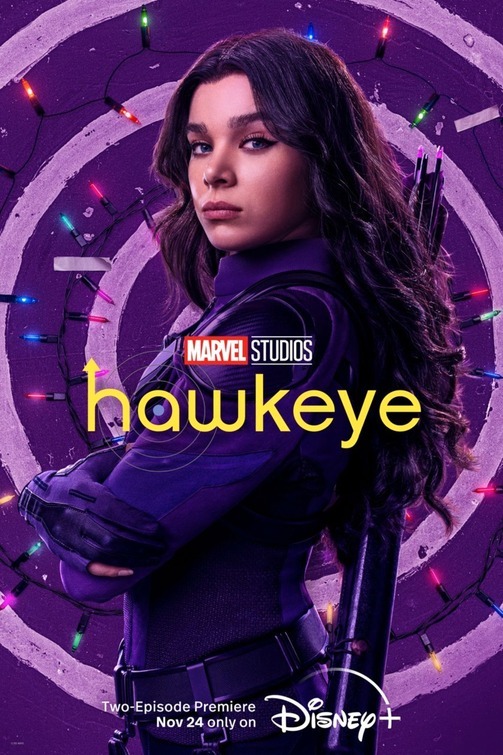



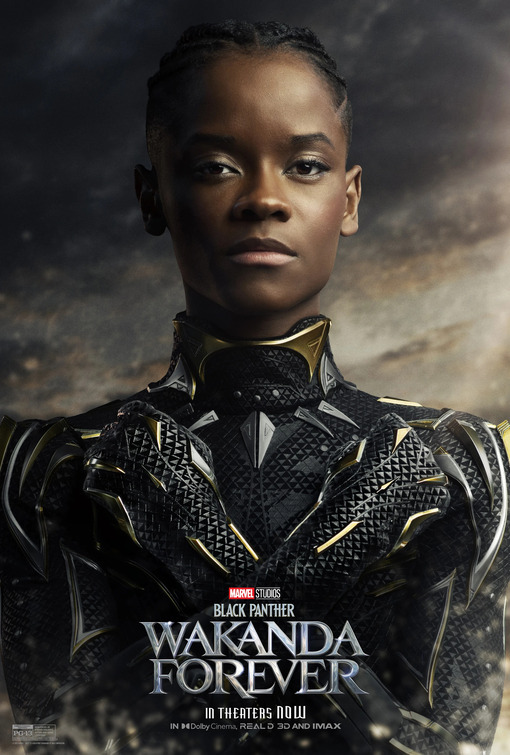

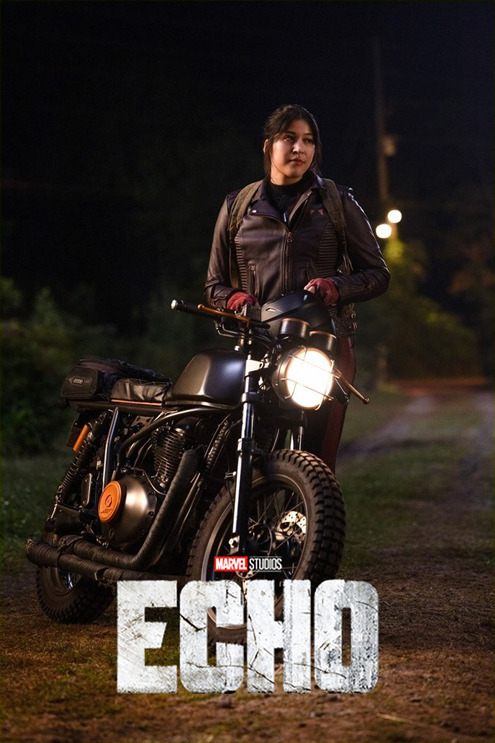


Titular Women in Live-action Superhero Media
Joanna Cameron as Andrea Thomas / Isis in The Secrets of Isis (1975-76)
Cathy Lee Crosby as Diana Prince / Wonder Woman in Wonder Woman (1975)
Lynda Carter as Diana Prince / Wonder Woman in Wonder Woman (1975-79)
Helen Slater as Kara Zor-El / Linda Lee / Supergirl in Supergirl (1984)
Teri Hatcher as Lois Lane in Lois & Clark: The New Adventures of Superman (1993-97)
Ashley Scott as Helena Kyle / Huntress, Dina Meyer as Barbara Gordon / Oracle, Rachel Skarsten as Dinah Redmond in Birds of Prey (2002-03)
Halle Berry as Patience Phillips / Catwoman in Catwoman (2004)
Jennifer Garner as Elektra Natchios in Elektra (2005)
Melissa Benoist as Kara Zor-El / Kara Danvers / Supergirl in Supergirl (2015-21)
Hayley Atwell as Peggy Carter in Agent Carter (2015-16)
Krysten Ritter as Jessica Jones in Jessica Jones (2015-19)
Gal Gadot as Diana Prince / Wonder Woman in Wonder Woman (2017) and Wonder Woman 1984 (2020)
Olivia Holt as Tandy Bowen in Cloak & Dagger (2018-19)*
Evangeline Lily as Hope van Dyne / The Wasp in Ant-Man and The Wasp (2018) and Ant-Man and The Wasp: Quantumania (2023)
Brie Larson as Carol Danvers / Captain Marvel in Captain Marvel (2019)
Sophie Turner as Jean Grey / Phoenix in X-Men: Dark Phoenix
Ruby Rose as Kate Kane / Batwoman in Batwoman Season 1 (2019-20)
Margot Robbie as Dr. Harleen Quinzel / Harley Quinn, Mary Elizabeth Winstead as Helena Bertinelli / The Huntress, Jurnee Smollett-Bell as Dinah Lance / Black Canary, Rosie Perez as Renee Montoya, Ella Jay Basco as Cassandra Cain in Birds of Prey (and the Fantabulous Emancipation of One Harley Quinn) (2020)
Brec Bassinger as Courtney Whitmore / Stargirl in Stargirl (2020-22)
Elizabeth Olsen as Wanda Maximoff / Scarlet Witch in WandaVision (2021)
Javicia Leslie as Ryan Wilder / Batwoman in Batwoman Season 2–3 (2021-22)
Elizabeth Tulloch as Lois Lane in Superman & Lois (2021-)
Scarlett Johansson Natasha Romanoff / Black Widow in Black Widow (2021)
Hailee Steinfeld as Kate Bishop in Hawkeye (2021-?)**
Kaci Walfall as Naomi McDuffie in Naomi (2022)
Iman Vellani as Kamala Khan / Ms. Marvel in Ms. Marvel (2022-?)
Tatiana Maslany as Jennifer Walters / She-Hulk in She-Hulk: Attorney at Law (2022-?)
Letitia Wright as Shuri /Black Panther in Black Panther: Wakanda Forever (2022)
Brie Larson as Carol Danvers / Captain Marvel, Teyonah Parris as Monica Rambeau, Iman Vellani as Kamala Khan / Ms. Marvel in The Marvels (2023)
Alaqua Cox as Maya Lopez in Echo (2024-?)*
Dakota Johnson as Cassandra Webb / Madame Web in Madame Web (2024)
Kathryn Hann as Agatha Harkness in Agatha All Along (2024)
________________
*While not directly reffered as such in their shows, "Dagger" and "Echo" are, respectively, Tandy's and Maya's codenames in the comics.
**This also goes for Kate and the "Hawkeye" codename, but in her case the show implies she will use it in the near future with the blessing of Clint Barton (the original Hawkeye, who also stars in the show).
#marvel#dc#wonder woman#supergirl#black widow#captain marvel#the wasp#lois lane#hope van dyne#dc vs marvel#birds of prey#agent carter#jessica jones#dc stargirl#batwoman#wanda maximoff#ms marvel#agatha harkness#she hulk#jean grey#tandy bowen#shuri#cloak and dagger#harley quinn#the marvels#maya lopez#kate bishop#agatha all along#ryan wilder#elektra
143 notes
·
View notes
Text
The need for Government is the need for force; where force is unnecessary, there is no need for Government.
Rose Wilder Lane
2 notes
·
View notes
Text
Event Creations Masterlist
General
Lost Trio Playlist
Day 1: Nicknames/Wilderness
Wilderness playlist
we were kind before (we can’t be kind once more) [fanfic, Wilderness]
Days in the Wilderness school [fanfic, Wilderness & nicknames]
Monkey Bars, Broken Pipes, and Iris Messages [fanfic, Wilderness & nicknames]
Piper takes a trip down memory lane [fanfic, Wilderness]
We Are Not Shining Stars (We Are Who We Are) [fanfic, Wilderness & nicknames)
Warmth in the Cold [fanfic, Wilderness & Nicknames]
“Wilderness” [fanfic, Wilderness]
(not) being sneaky [fanart, Wilderness]
a rose by any other name [fanfic, nicknames]
beauty, heartbreaker, repair boy (labyrinth) [fanfic, nicknames]
Maniacal Monikers: How Teenagers Get Their Nicknames [fanfic, nicknames]
Nicknames fanart [fanart, nicknames]
Day 2: Mortal AU/Crossover
Fault Lines [fanfic, mortal AU & challengers crossover]
Mechanical Lullaby [fanfic, Coraline crossover]
Stark Trek: Argo [fanfic, crossover]
stranger things crossover [fanart, crossover]
Harry Potter Crossover [fanart, crossover]
Harry Potter Crossover 2 [fanart, crossover]
Mortal AU drawing [fanart, mortal AU]
Unlike You [fanfic, mortal AU]
“Mortal AU” [fanfic, mortal AU]
Day 3: Dungeons and Dragons/Home
Home Without You [fanfic, home]
Home is where the heart is (and/or where people dump a whole bunch of snow down your shirt) [fanfic, home]
Honey, I’m Home! [fanfic, home]
The Secrets of Skyhorne Harbor [fanfic, dungeons and dragons]
“Dungeons and Dragons” [fanart, dungeons and dragons]
Day 4: Godly Parent or Power Swap/Band
occhiolists [fanfic, power swap]
The weight of the sun [fanfic, godly parent/power swap]
Leo Valdez, Most Useless Son of Aphrodite [fanfic, godly parent/power swap]
“Band” [fanart, band]
Day 5: Time Travel/Parents
and her name means joy [fanfic, parents]
Meet the Parents [fanfic, parents]
“Parents” [fanfic, parents]
Day 6: Roommates/Reunion
The Worst/Best Way to Spend Christmas Eve [fanfic, reunion]
The Meaning of Home [fanfic, reunion]
“Reunion” [fanfic, reunion]
Unfold Your Paper Heart (And Wear It On Your Sleeve) [fanfic, roommates]
Day 7: Cozy/Free Space
Power Outages & Hot Chocolate [fanfic, cozy]
“Cozy” [fanfic, cozy]
#will be updated if and when there’s new things posted!#lost trio week#piper mclean#leo valdez#jason grace#lost trio#valgrace#jasipereo#jiper#liper#heroes of olympus#hoo#leo and jason#piper and leo#jason and piper
14 notes
·
View notes
Text
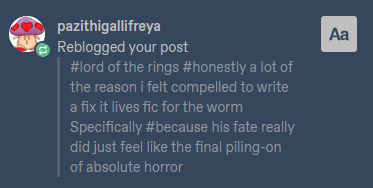
tags by @pazithigallifreya (by the way the fic mentioned is one of my favorites of all time and you can read it here and i strongly encourage you to do so)
Tags are referring to this post but I'm making a new post because i'm about to go off on a tangent. let's talk about the fate of the wormtongue for a second
so book wormtongue has a lot of very odd and direct parallels to sméagol where he's starving and crawling around and allegedly eating a hobbit and all that junk, right? he even goes through the arc of 'I committed a capital crime, stole stuff and made myself repulsive to my home community, a somewhat rustic group of people living east of the Misty Mountains with an Old English naming scheme, and then got banished and had to wander through the wilderness cursing the hardness of the world'.
the first time I read that it seemed almost like a bizarre non sequiter that these characters have so much in common when gríma never touches the Ring, and then i had a major fridge horror moment
frodo's recently witnessed the death of gollum, right
the person he tried to save and offer an olive branch to but in the end sam unwittingly sabotaged it while he was asleep gollum was too far gone. gollum couldn't be saved. he literally bit the hand that (tried to) feed him, he rejected frodo, he fought frodo, he took the ring, maimed frodo for life as a final f-you, etc, and gollum's death can ultimately be attributed to gollum. and sauron. frodo put the geas on him and probably stays up at night thinking about it, but that's because frodo has an extremely strong moral sensibility; he was very much provoked. gollum took the ring and did a lil dance and fell into the hellpit rip gollum
so frodo comes home
and right there is sméagol 2.0 who comes in out of nowhere. frodo offers him clemency
here's the crucial difference.
Saruman laughed. 'You do what Sharkey says, always, don't you, Worm? Well, now he says: follow!' He kicked Wormtongue in the face as he grovelled, and turned and made off. But at that something snapped: suddenly Wormtongue rose up, drawing a hidden knife, and then with a snarl like a dog he sprang on Saruman's back, jerked his head back, cut his throat, and with a yell ran off down the lane. Before Frodo could recover or speak a word, three hobbit-bows twanged and Wormtongue fell dead. - The Return of the King
Gríma's final act is to kill Saruman, who
just curbstomped him in the face
is actively trying to sabotage his shot at redemption
terrorized this whole community
and, crucially, also just tried to kill frodo, and everyone else also wanted to kill Saruman at that point, but Frodo said no
and then flee.
Frodo's own countrymen panic and kill Gríma on the spot when, by my reading, anyway, he did not appear to be a threat to them.
this is not Sméagol, whose penultimate act was to bite off frodo's finger and steal the Ring and who died by freely and deliberately choosing to do the thing that he had been told multiple times would lead to a direct and immediate game-over (grab the Ring).
this is way worse imo this absolutely is the piling on of absolute horror
42 notes
·
View notes
Text
today i learned that laura ingalls wilder's daughter rose wilder lane is considered one of the founders of the american libertarian movement. the world is crazy
25 notes
·
View notes
Text

No Natal, a Desiree me uma masterlist de nomes

Aaliyah — Addison — Adalynn — Alina — Alice — Amara — Amelia — Amira — Anna — Ariana — Ashley — Athena — Audrey — Aurora — Ava — Avery — Ayla — Abigail — Alice — Allison — Aubrey — Bella — Brielle — Camila — Caroline — Catalina — Cecilia — Charlotte — Chloe — Clara — Cora — Claire — Daisy — Delilah — Eden —Eleanor — Eliana — Elena — Eliza — Eloise — Emily — Emery — Emma — Everleigh — Evelyn — Eva — Emily — Emery — Freya —Gabriella — Georgia — Gianna — Grace — Hailey — Hannah — Hazel — Isla — Iris — Ivy — Isabella — Jade — Jennifer — Josie —Julia — Lainey — Leah — Lily — Lucy — Luna — Lydia — Lyla — Madison — Maeve — Margot — Margaret — Maria — Maya — Melanie — Madelyn — Mila — Millie — Melody — Naomi — Natalie — Olivia — Penelope — Piper — Quinn — Raelynn — Riley — Rose — Ruby — Sienna — Sage — Sarah — Scarlett — Serenity — Sophia — Stella — Summer — Valerie — Violet — Victoria — Vivian — Willow — Zoe — Aaron —Adrian —Adriel —Aiden —Alfred —Alexander —Andrew —Anthony — Asher —August —Austin — Axel — Beau — Benjamin — Cameron —Caleb — Carson —Charles —Christian —Christopher — Cody —Colton —Cooper — Daniel — Damian — David — Dylan —Easton —Elijah —Enzo —Ezra —Gael —Gabriel — Grayson —Henry —Hudson —Ian —Isaac —Jackson — Jacob —Jace —James —Jaxon —Jeremiah —Joe —John —Joseph ——Josiah —Jordan —Joshua —Julian —Kai —Kayden —Leonardo —Levi —Lincoln —Liam —Luke —Landon — Matthew —Mason —Micah —Maverick — Matthew —Michael —Miles —Nathan —Nicolas —Noah —Nolan —Owen —Oliver —Roman —Robert —Rowan — Ryan —Samuel —Santiago —Sebastian - Silas —Theodore —Thomas —Thiago —Walker — Waylon —Weston —William —Wyatt —Xavier - Alex - Angel - Aspen - Avery - Bailey - Blake - Blair - Blue - Brighton - Brooks - Cameron - Casey - Charlie - Chris - Dakota - Dallas - Dylan - Harley - Hayden - Jaden - Jamie - Jaz - Jayden - Jordan - Jules - Kieran - Kim - Knox - Lane - Madison - Marley - Mason - Max - Micah - Morgan - Noah - Nova - Oakley - Orion - Parker - Payton - Phoenix - Quinn - Riley - River - Rowan - Sage - Sam - Sawyer - Scout - Sloane - Spencer - Stevie - Tatum - Taylor - Wilder - Wynn - Zion- Changho - Eunji - Eunjoo - Gwangho - Gyeong - Hana - Han - Haejin - Haeun - Hyeon - Hyojin - Jae - Jieun - Ji - Jiho - Jihye - Jinah - Jiwon - Jiwan - Jinhyun - Jongin - Jun - Kyung - Kyungmin - Kyungsoo - Kyuri - Min - Minho - Minji - Minseok - Nara - Nari - Seok - Seojin - Seon - Seung - Seungyeon - Shin - Sora - Soo - Sungmin - Sumin - Taeyang - Tae - Taeho - Won - Woojin - Yeojeong - Yeji - Yerin - Yeon - Yoon - Yumi - Yun - Yuna- Aiko - Akira - Aoi - Ayumi - Daiki - Emi - Hana - Haru - Haruka - Haruto - Hikari - Hikaru - Hiroshi - Ichika - Ichiro - Issei - Jiro - Jun - Kaito - Kenji - Kazuya - Makoto - Mai - Mei - Nanami - Natsuki - Ren - Riko - Rei - Riku - Ryota - Sakura - Saki - Sayaka - Shin - Shun - Takashi - Taro - Tatsuya - Taiki - Yoshito - Yuji - Yuki - Yui - Yuka - Yuriko

4 notes
·
View notes
